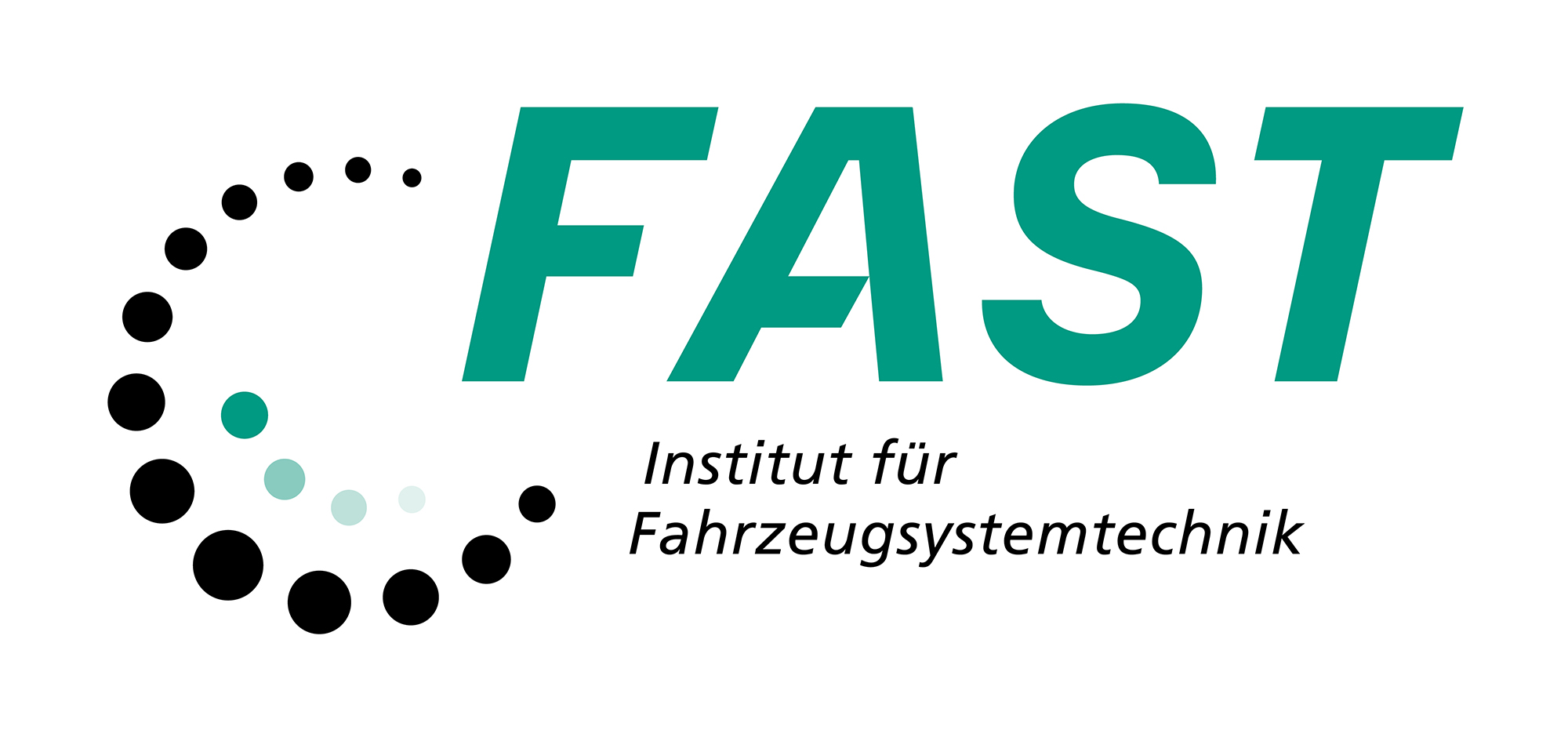Numerical methods for engineering applications

Lecture
Simulations are used in many areas of mechanical engineering, e.g. for the strength and crash calculation of components or for the calculation and design of flow processes. They offer the possibility of predicting real physical effects with the aid of computers and thus creating a deeper understanding of the observed effects and their causes. The aim of the course is to provide students with the basics for the successful creation and implementation of simulations in mechanical engineering.
Conservation equations are formulated for modeling. In order for the system of equations to be closed, constitutive equations must also be formulated. The resulting partial differential equations (PDGL) are usually space- and time-dependent and form the basic building blocks of the modeling. The PDGL under consideration cannot usually be solved analytically, so numerical methods and usually also discretization methods are required.
The creation of suitable simulation models, the execution and evaluation of simulation studies and the avoidance of typical errors can be learned, but also requires some practice. The course therefore consists of three elements: Lectures, lecture hall exercises and computer exercises. During the computer exercises, students learn how to implement (in Python), apply and evaluate suitable simulation methods for given problems.
Contents
Introduction: model definition, overview of numerical simulation methods
Tensor calculus
Introduction to Python and Git
Balance equations, constitutive laws, model reduction
Method of weighted residuals (MGR)
Finite difference method (FDM)
Finite element method (FEM)
Finite volume method (FVM)
Selection of methods
Lecturer: Prof. Dr.-Ing. Luise Kärger (FAST-LB)
Language: German German | Time period: Summer semester Lecture & lecture hall exercise: Tuesday 9:45 - 11:15 a.m. Building 40.32, Rudolf-Plank-Hörsaal (RPH) Thursday 11:30 - 13:00 Building 10.50, Kollegiengebäude Bauingenieure II (ground floor) | Performance review: Written examination |
Effort: 3 SWS 4 LP

